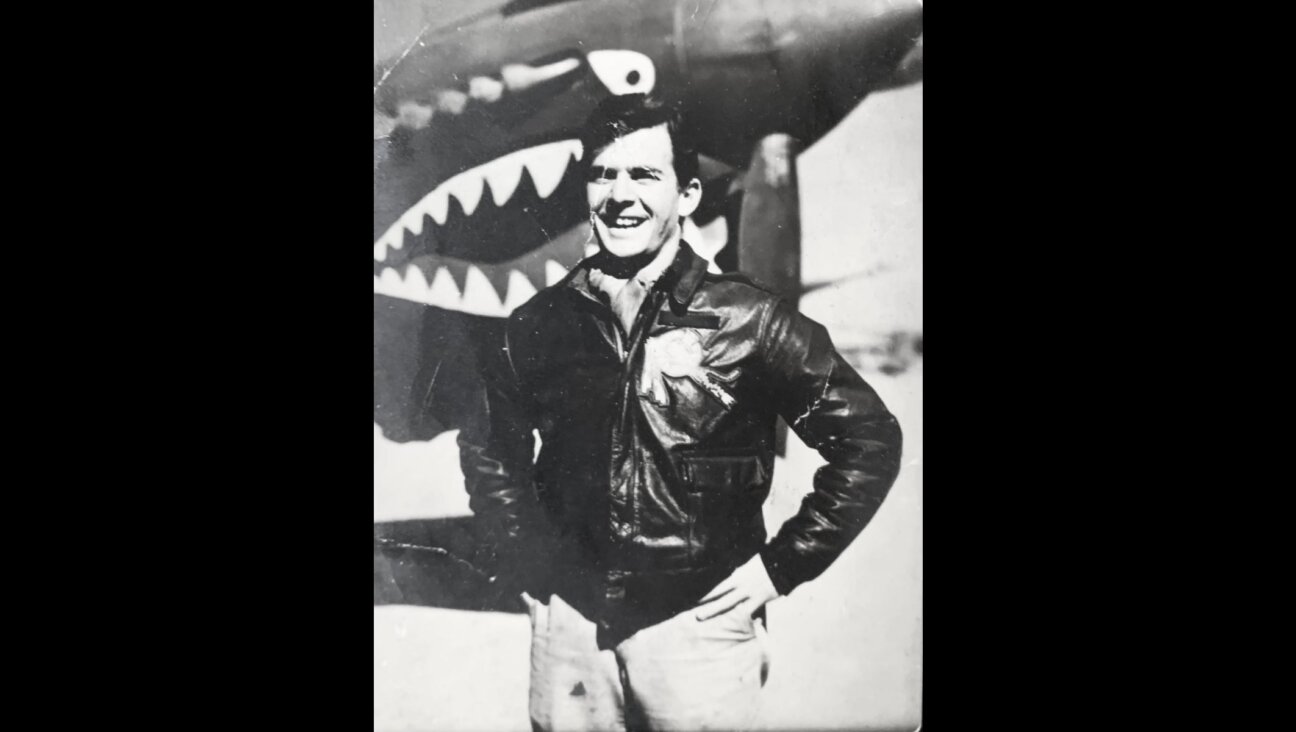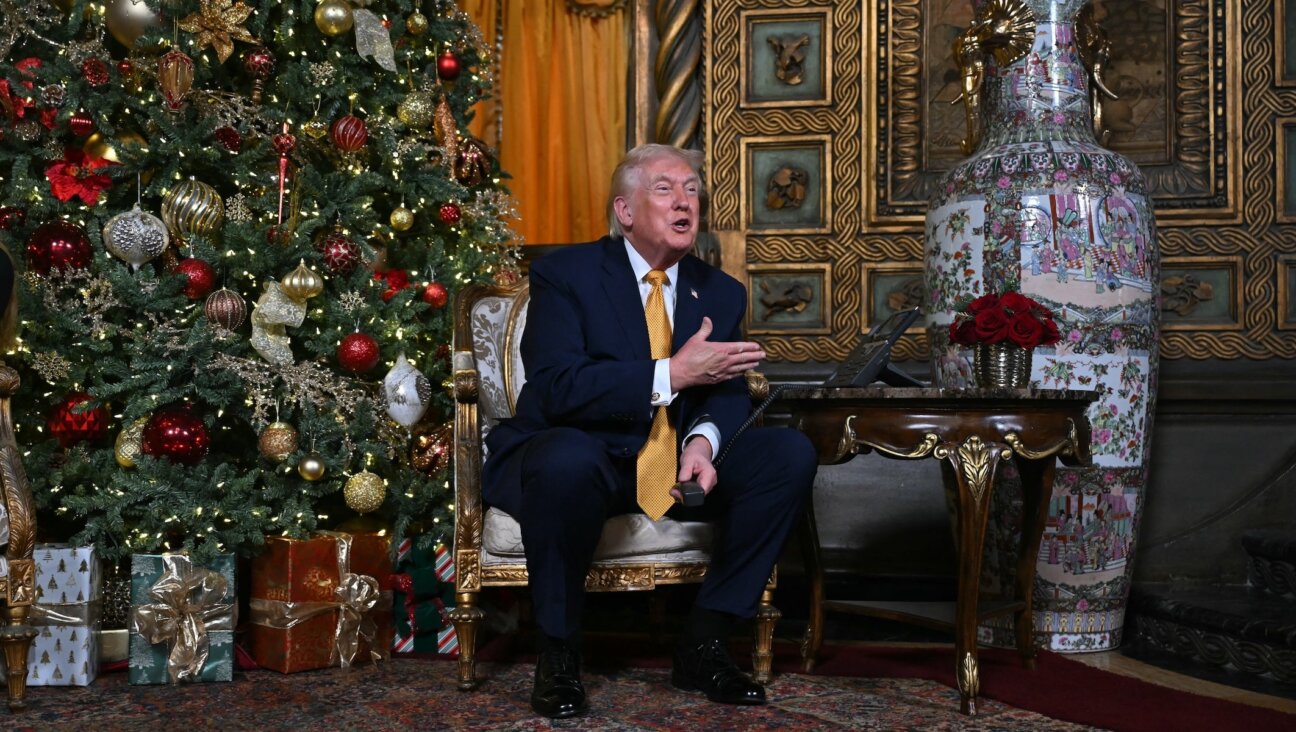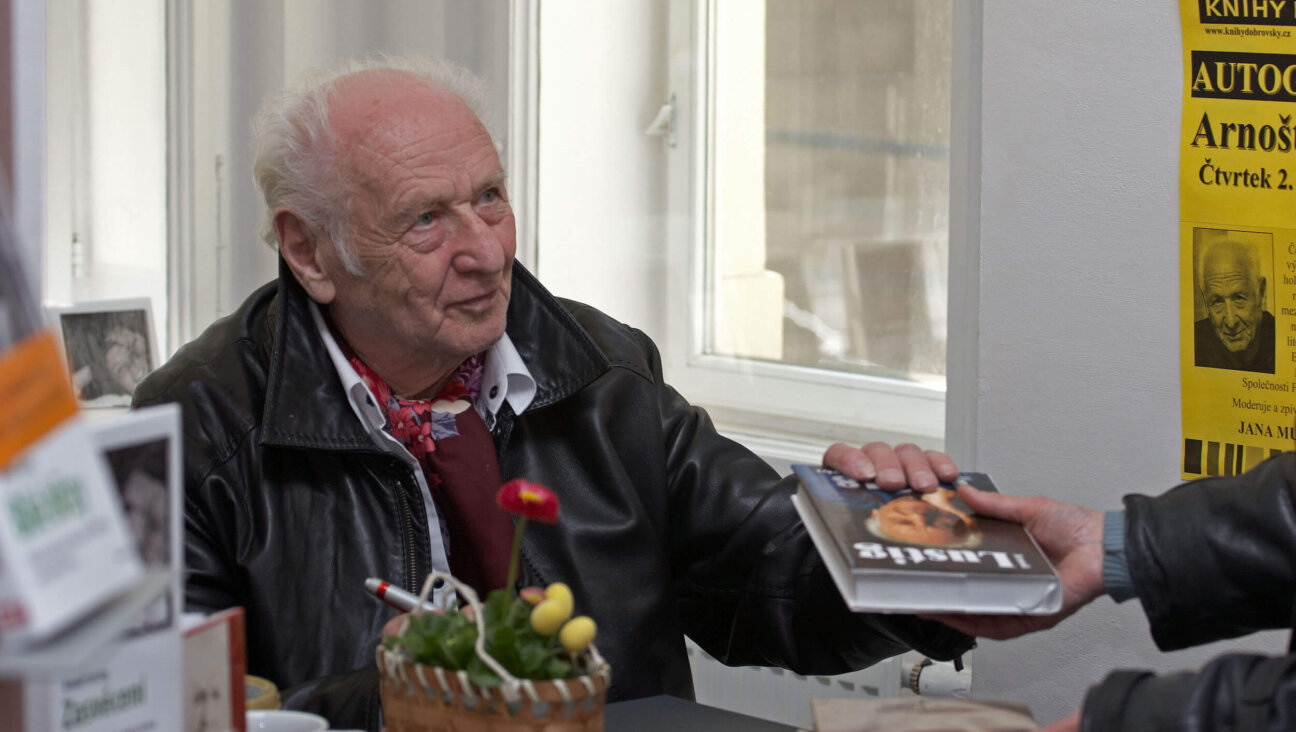U.S. Envoy Walks Out of Nuclear Meeting After Iran Accuses Israel of Genocide
The U.S. ambassador to the United Nations nuclear watchdog stormed out of an agency meeting on Wednesday in protest when Iran’s representative accused Israel of “genocide”, diplomats said
Officials from Canada and Australia also left the closed-door meeting of the International Atomic Energy Agency’s (IAEA) 35-nation governing board when Iran’s Ali Asghar Soltanieh made his statement during a debate on Syria, they said.
Soltanieh was not immediately available for comment. Iran has often criticised Israeli policies towards the Palestinians. It has also said Israel would be wiped “off the face of the earth” if the Jewish state attacked it.
U.S. envoy Joseph Macmanus’ walk-out highlighted tensions with Tehran a few hours after he accused the Islamic Republic of a “commitment to deception, defiance, and delay” in addressing IAEA concerns about possible nuclear weapons-related research.
The European Union also used the meeting to call on Iran to stop obstructing an IAEA investigation and give the agency access to sites and documents, regardless of broader talks between Iran and world powers that resumed last week.
Some diplomats say Iran is using its meetings with the IAEA merely for leverage in negotiations with world powers which, unlike the U.N. agency, have the power to ease sanctions that they have recently tightened on the major oil producer.
“Iran is inviting further isolation, pressure and censure from the international community … until it meets its obligations and addresses the board’s concerns,” Macmanus said.
During the debate on Iran, which happened before the board turned its attention to Syria, Soltanieh said the allegations over his country’s nuclear work were “baseless” and suggested the IAEA, not Tehran, was to blame for the failure so far to revive the stalled inquiry.
Macmanus accused Iran of “provocative actions”, particularly the installation of advanced centrifuges that would enable it to speed up its uranium enrichment.
Western countries fear Iran is enriching uranium to develop the capacity to build nuclear weapons and have imposed several rounds of sanctions. Iran says the programme is legitimate and intended for purely peaceful purposes.
COOPERATION
Israel – widely assumed to have the Middle East’s only nuclear arsenal – says Tehran is secretly trying to develop nuclear weapons and has threatened pre-emptive strikes if it deems diplomacy ultimately futile.
Yukiya Amano, the 65-year-old Japanese diplomat appointed to a second four-year term as head of the IAEA on Wednesday [ID: nL6N0BY2X] said he his aim was to help resolve the Iran nuclear issue through diplomatic means.
“For that I need cooperation from Iran,” he told reporters.
The Vienna-based IAEA has been trying for more than a year to persuade Iran to give it the access it says it needs for its investigation, so far without progress.
Iran has refused IAEA requests to visit the Parchin military site, where inspectors suspect explosives tests relevant for nuclear weapons development took place, possibly a decade ago.
Iran says it first needs to agree with the IAEA on how the inquiry is to be conducted before allowing any Parchin visit.
Last week, six world powers resumed talks with Iran aimed at finding a diplomatic settlement to a decade-old dispute that threatens to trigger a new Middle East war. The only progress was an agreement to hold more talks.
The United States, China, France, Russia, Britain and Germany offered modest relief from economic sanctions in return for Iran scaling back its most sensitive nuclear activity.
Iran called the talks a potential “turning point” but Western officials were more cautious, merely describing the meeting as “useful”.













